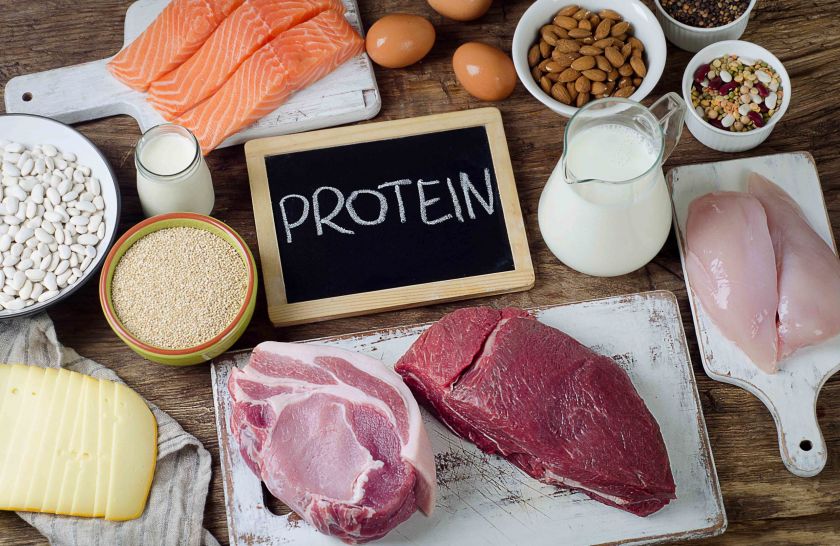“I take in an adequate amount of daily protein (1.2-1.7 g/kg/day).
It is well-reported that during periods of heavy training and racing, athletes are more susceptible to, and may experience, an increase in upper respiratory infection (URI). A “window of altered immunity” following prolonged or heavy exertion exists (that may last between three and 72 hours), wherein many components of the immune system exhibit change. This window is an opportunity for viruses and bacteria to gain a foothold. In addition, factors such as travel, low energy availability, and high levels of stress and anxiety also put athletes at risk. So, what can we do from a nutritional and lifestyle standpoint to combat getting sick?
The Core Diet Immunity Scorecard provides an opportunity to check in with yourself and your coach to ensure you are taking all steps possible to stay healthy. Adequate protein intake is a piece of the immunity puzzle. Read below to find out more.
- To maintain immune function, athletes should eat a well-balanced diet sufficient to meet their energy requirements. This includes the intake of adequate dietary protein.
- It is well established that appropriate intake of protein is essential in the regulation of our body’s immune response including the activation of T and B lymphocytes, natural killer cells and macrophages and the production of antibodies, cytokines and other cytotoxic substances.
- The Joint Position of the Academy of Nutrition and Dietetics, Dietitians of Canada and American College of Sports Medicine makes the following recommendations for protein intake for athletes:
- Intake of 1.2-2 grams/kg/day of dietary protein to support metabolic adaptation, repair, remodeling and for protein turnover
- Up to 2.5 grams/kg/day is generally accepted to be safe, although above 2.5 grams/kg/day is believed to offer no adaptive advantage
- When restricting overall energy intake for weight loss, protein needs are higher and athletes should aim for 2-2.5 grams/kg/day
- Traditional guidelines focused on total protein intake, however newer recommendations now highlight the importance of spreading protein intake evenly throughout the day to maximize muscular adaptation to training. The optimum per meal serving of protein for athletes (with a goal of weight maintenance) is 0.3-0.4 grams/kg/meal. Doses of >40 grams at one time, have not yet been shown to further muscle protein synthesis, and may be useful only for the largest athletes or during weight loss.
- As an example, a 160 pound (72.7 kg) male distance runner, whose goal is weight maintenance, has protein needs of roughly 87-123 grams/day. This translates to 22-29 grams per meal. Ideally the timing of this intake would be:
- 25 grams of protein at breakfast, lunch and dinner (75 grams)
- a post workout recovery drink/snack with 15-25 grams of protein
- a pre-bed dose of 15-20 grams of protein
- several snacks throughout the day containing 5-10 grams of protein each
- this would equate to ~115-125 grams of protein total for the day
- Protein intake before sleep has been shown to increase protein synthesis at night which can result in strength gains over time.
- Foods high in protein include dairy (particularly Greek yogurt, cottage cheese, milk), beef, fish, poultry, pork and eggs. These sources of protein contain all nine of the essential amino acids. While protein needs can be met with plant-based sources, the so called “protein quality” of plants is lower as very few contain all of the essential amino acids. It is generally recommended that athletes that consume no animal products (i.e., vegans) aim for the high end of protein recommendations so as to ensure adequate intake of the individual amino acids, in particular, leucine, a key player in muscle protein synthesis.















Comments